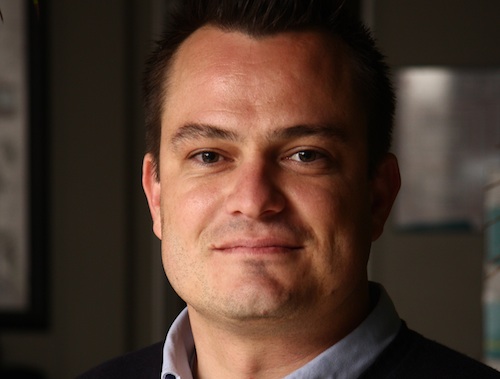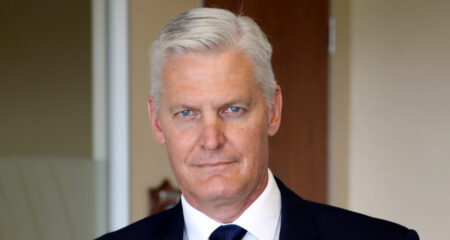
[By Justin Spratt] Silicon Cape is a new initiative aimed at fostering technology innovation in the Western Cape. But will it fly?
Yola.com founder and CEO Vinny Lingham and Justin Stanford of 4DiCapital are the brains behind the initiative. With more than 1 000 subscribers to Silicon Cape’s social media website and its launch event on 8 October already oversubscribed by a factor of three to one there’s no doubt that the interest is there.
But start-up ventures cannot exist without the right environment. The reason Silicon Valley in the US and Bangalore in India have become innovation hubs is because they have the right environment for entrepreneurs. The goal of the Silicon Cape initiative is to figure out what must be done to create a similar supporting environment in Cape Town.
Important ingredients for creating it include Michael Porter‘s Cluster Theory and Diamond Model, through to what economists call “positive externalities” — virtuous benefits from industry that spill out and become self-reinforcing.
Government has a big role to play, albeit indirectly, by focusing on enabling the right conditions and playing a role in education. Also, tax breaks are important for people willing to take the risks to start new ventures. Entrepreneur and essayist Paul Graham talks about the need for “Rich People and Nerds”.
Though it’s their brainchild, Lingham and Stanford are at pains to point out that for Silicon Cape to be successful it has to be “owned by the community”. Their goal is for the Western Cape to be the go-to place for early-stage venture investing in the technology sector.
“Silicon Cape is a masthead that the community can own, that everyone can rally around to focus their energy on in a cohesive effort … attracting the best entrepreneurs, technical brains, and foreign direct investment,” says Stanford.
More broadly, and over time, they would like to create an environment that helps technology businesses at all stages of their lives, from inception through to listed global powerhouses. Accordingly it has attracted much of SA’s venture capital elite.
ISLabs, a business incubator I co-founded under the auspices of Internet Solutions, will take an active part in Silicon Cape. We founded ISLabs because we know there is an abundance of talent in SA and we know how important it is to foster new business growth for real social upliftment to happen.
I am certain the country has the right ingredients to become an innovation hotspot. Sure, there is work to be done in the areas of product management and implementation, but SA has the raw components in spades: smart, make-a-plan-type thinking; strong engineering; strong financial acumen; and oodles of confidence.
Clearly there are risks for an initiative like Silicon Cape. The biggest worry is that the community doesn’t get involved and that people won’t be inspired. Also, it needs near-term successes to prove the concept. Eventually, these successes need to become self-fulfilling so the Western Cape becomes generally regarded as the technology hub of the region.
The aim of the initiative is to “attract a potent working group of volunteers and donors to establish a foundation which will carry the vision forward”, says Stanford.
It’s off to a good start. The initiative’s launch on 8 October will feature high-level speakers, including Western Cape premier Helen Zille.
I’ll use this column to report back on the launch of the initiative.
- Spratt is co-founder of ISLabs
Subscribe to our free daily newsletter




